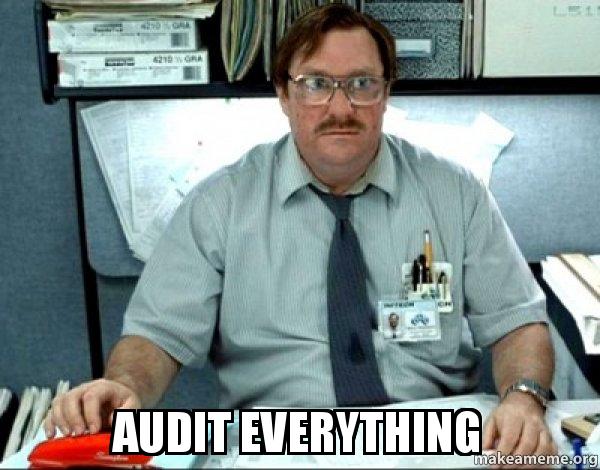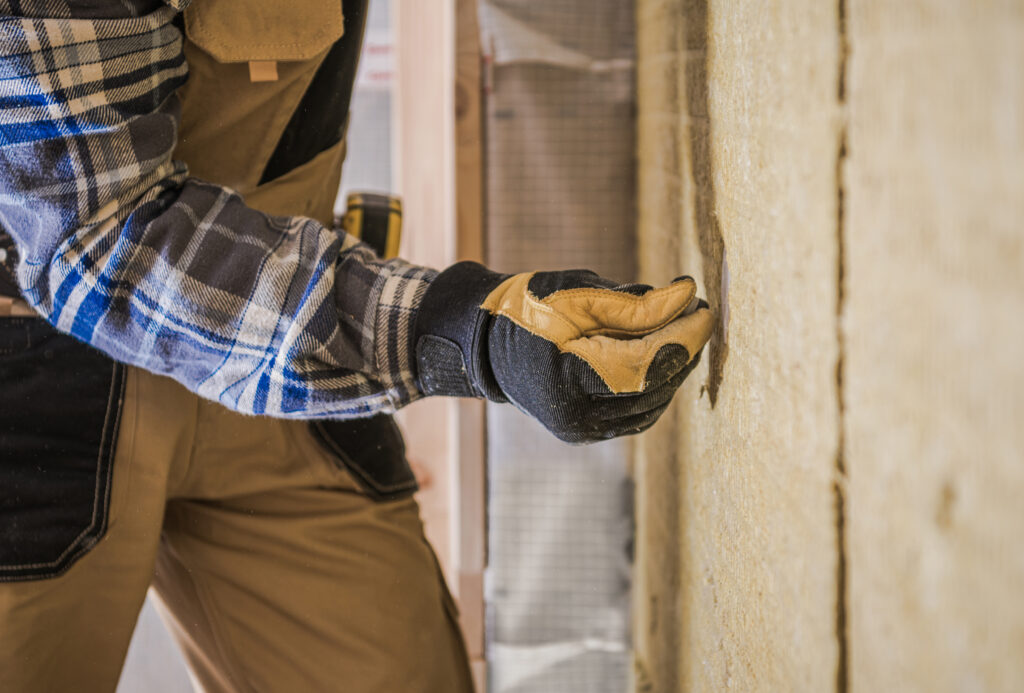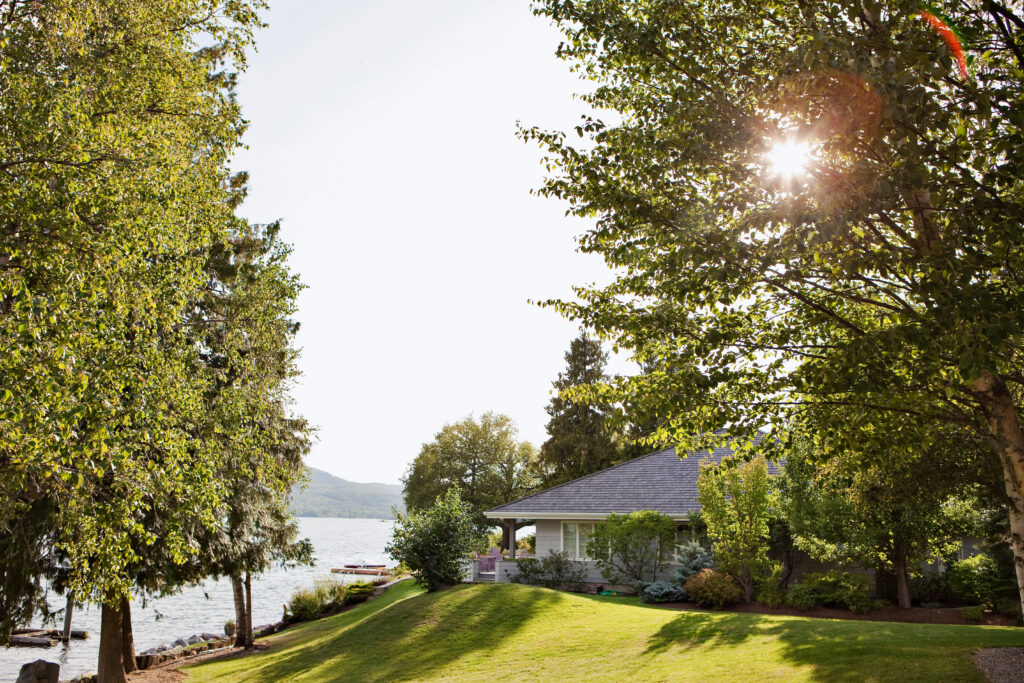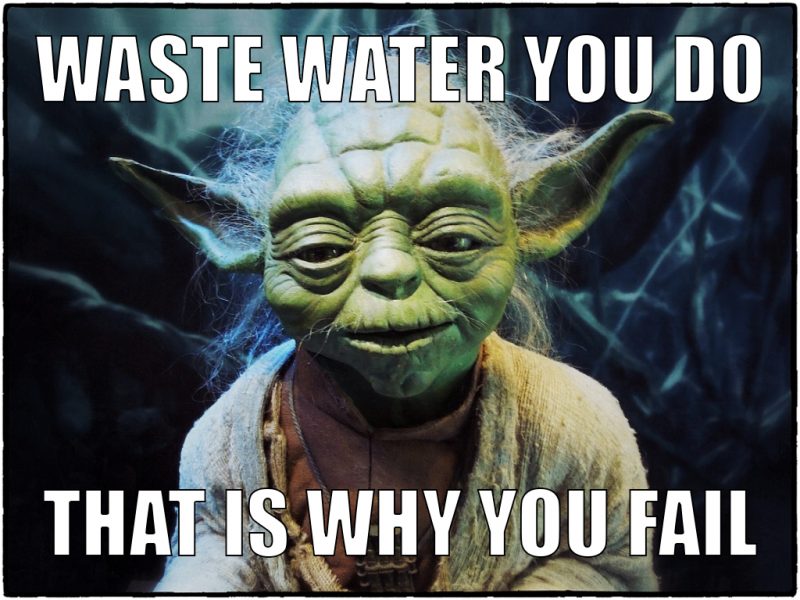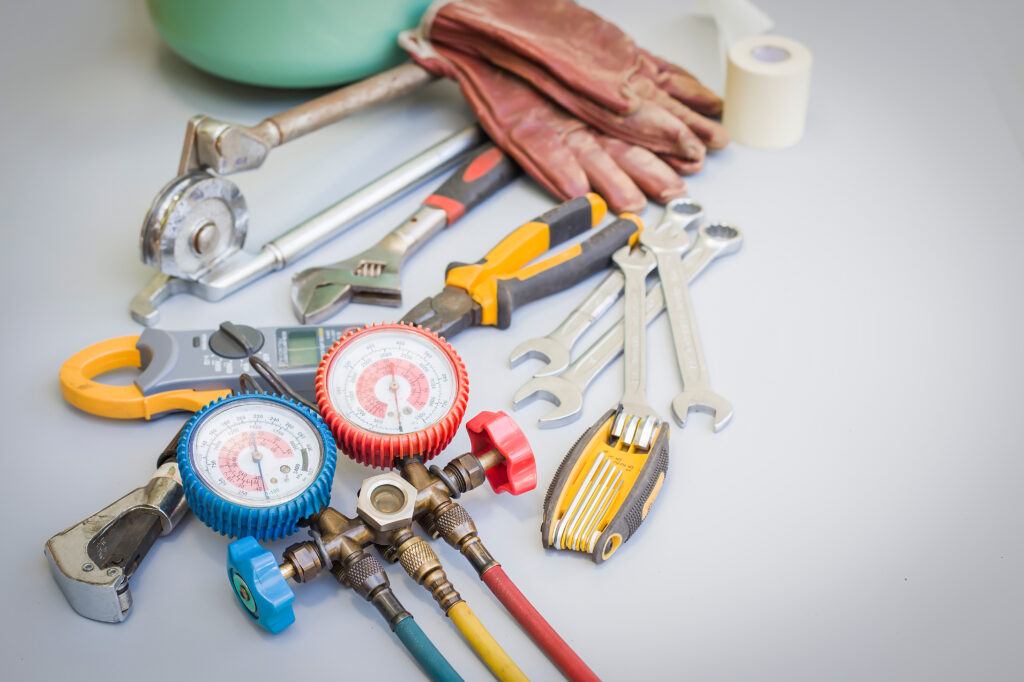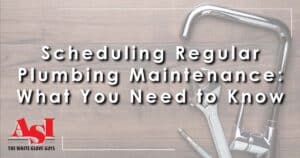Energy bills can often be quite daunting. And it’s natural to want to try and cut costs wherever possible but still enjoy the same standard of living. The good news is that there are plenty of ways to save money and to lower your energy bills without making drastic changes.
Get an Energy Audit
An energy audit is a great way to find out what’s working and what’s not in terms of saving money on your energy bills. The auditor will look at your home and recommend ways to help you improve its energy efficiency.
During the audit, they’ll look at the heating and cooling systems, insulation levels, lighting, appliances, and more. An audit also includes a review of your home’s exterior to see if any areas need to be sealed or caulked to prevent air leaks.
Make Sure Your Home is Insulated
Insulation is an essential part of home design, but it’s often overlooked. The average American home has less than half the recommended amount of insulation, meaning that your heating and cooling systems work twice as hard to keep your home comfortable. Insulating your home can help you save money on utility bills while keeping your family warm.
Insulate Your Water Heater
Insulating your water heater prevents heat from escaping into the air. It keeps the appliance warmer, so it doesn’t have to work as hard to heat up water. Insulating an electric model also reduces wear and tear on its components, extending its life span and preventing costly repairs down the road.
Use Appliances During Off-Peak Hours
The less electricity you use, the lower your bill will be. So, if you’re planning to run your dishwasher or dryer during off-peak hours, it will help you save money.
The best time to run the appliances in your home is when power prices are lowest. This usually happens overnight (between 11pm and 7am), but some states also offer reduced prices during other times.
Change Your Air Filter
A dirty air filter can cause your furnace to work harder and use more energy, leading to higher utility bills.
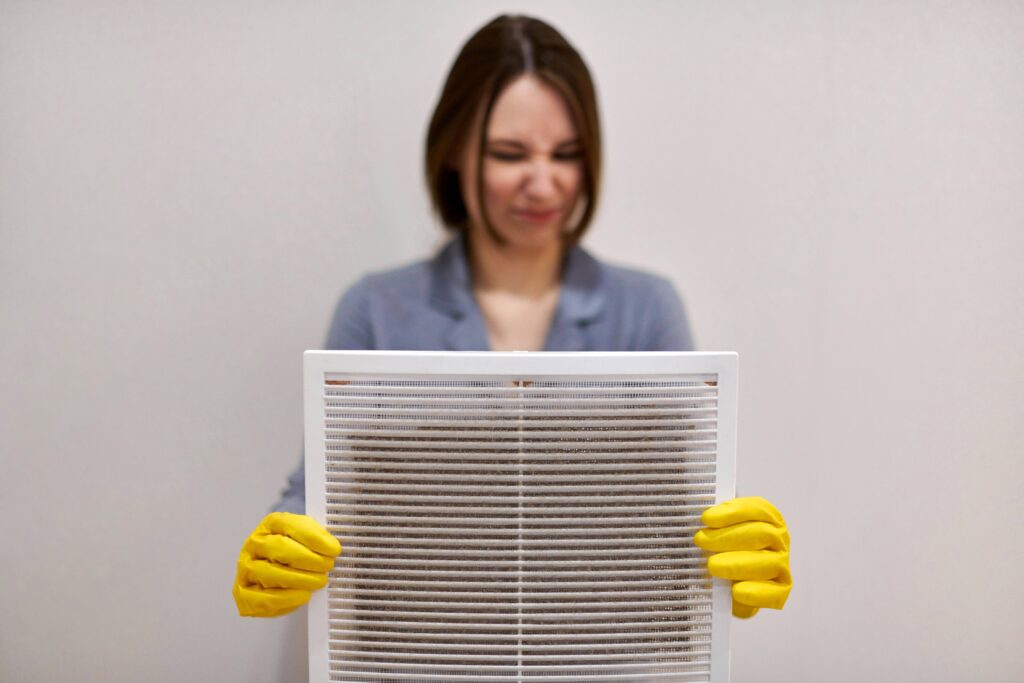 But unfortunately, that’s not all.
But unfortunately, that’s not all.
It also increases the chance of a breakdown. A clogged filter makes it harder for your furnace to pull air through its system and keep itself running efficiently. Avoid this by booking regular HVAC maintenance to change your filters.
Lower the Settings on Your Thermostat
Sometimes all you need to do is lower the settings on your thermostat to save money. Worried you’ll be too chilly? You can lower the temperature by one degree and still be comfortable. And there’s always an extra sweater to throw on.
Landscape for Shade
Landscaping for shade reduces the amount of heat getting into your home, so you can use your air conditioning less. And that means low energy bills.
The best shade trees for your property depend on several factors, including sun exposure and the amount of shade you want. You should also consider how much water each tree needs and what maintenance it requires.
You may want to plant evergreen trees that keep their leaves year-round if you live in an area with mild winters. They’ll provide shade all year long!
Replace Your Showerhead
Replacing an old shower head helps reduce the water you use during showers. It’s an easy way to save water and money.
Most people don’t realize how much water they use during a shower but replacing a standard showerhead with multiple settings can help you significantly reduce your usage.
Use LED Light Bulbs
LED lights are slightly more expensive than traditional incandescent bulbs, but the savings in electricity costs quickly make up the difference.
Make Sure to get HVAC Maintenance and Tune-Up
A properly tuned air conditioner or furnace uses less energy than one that’s not. You may have heard the saying, “an ounce of prevention is worth a pound of cure,” and this is especially true when it comes to your heating and cooling system.
Even if you don’t think there’s anything wrong with your system, HVAC maintenance prevents potential breakdowns — saving you money in the long run.


